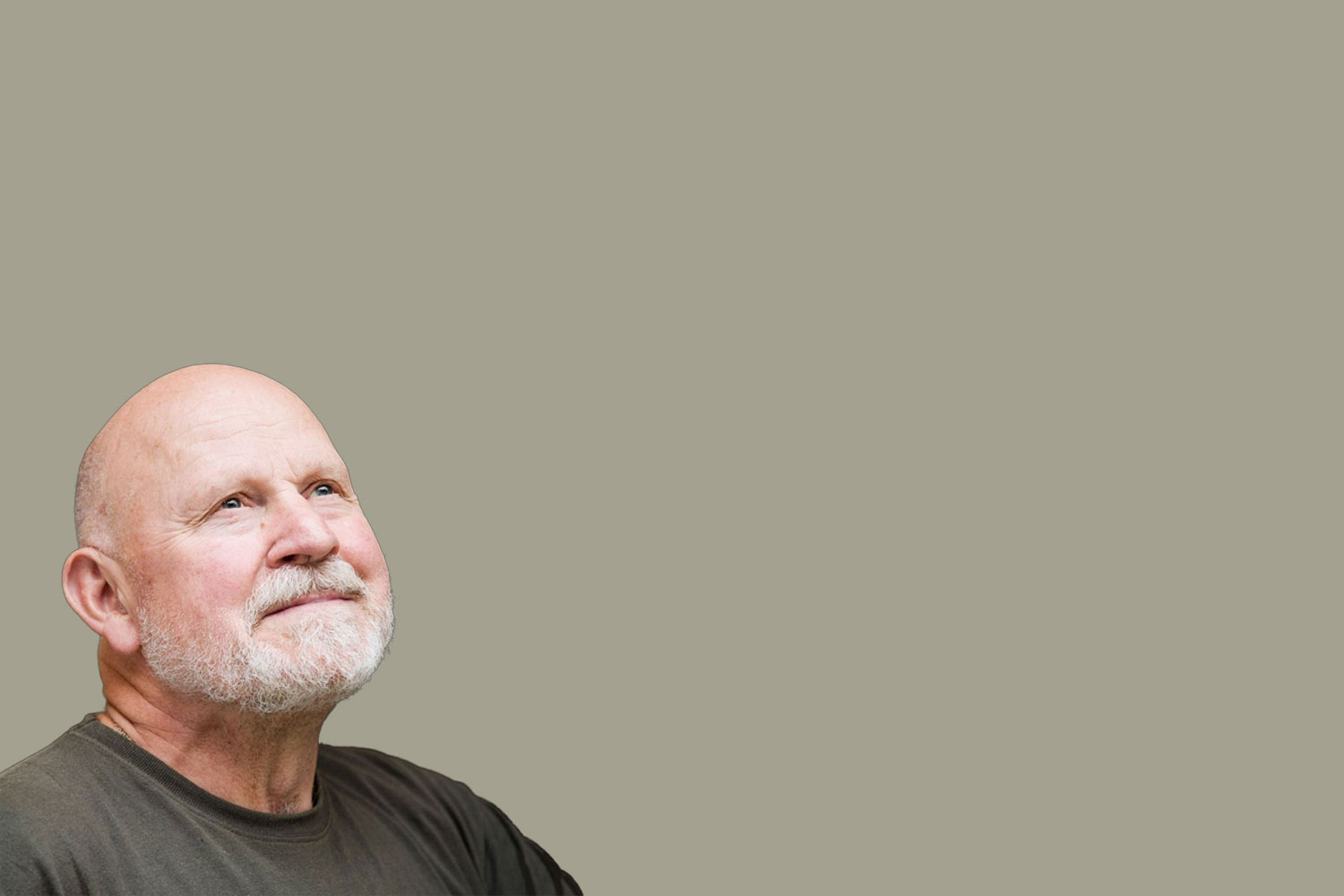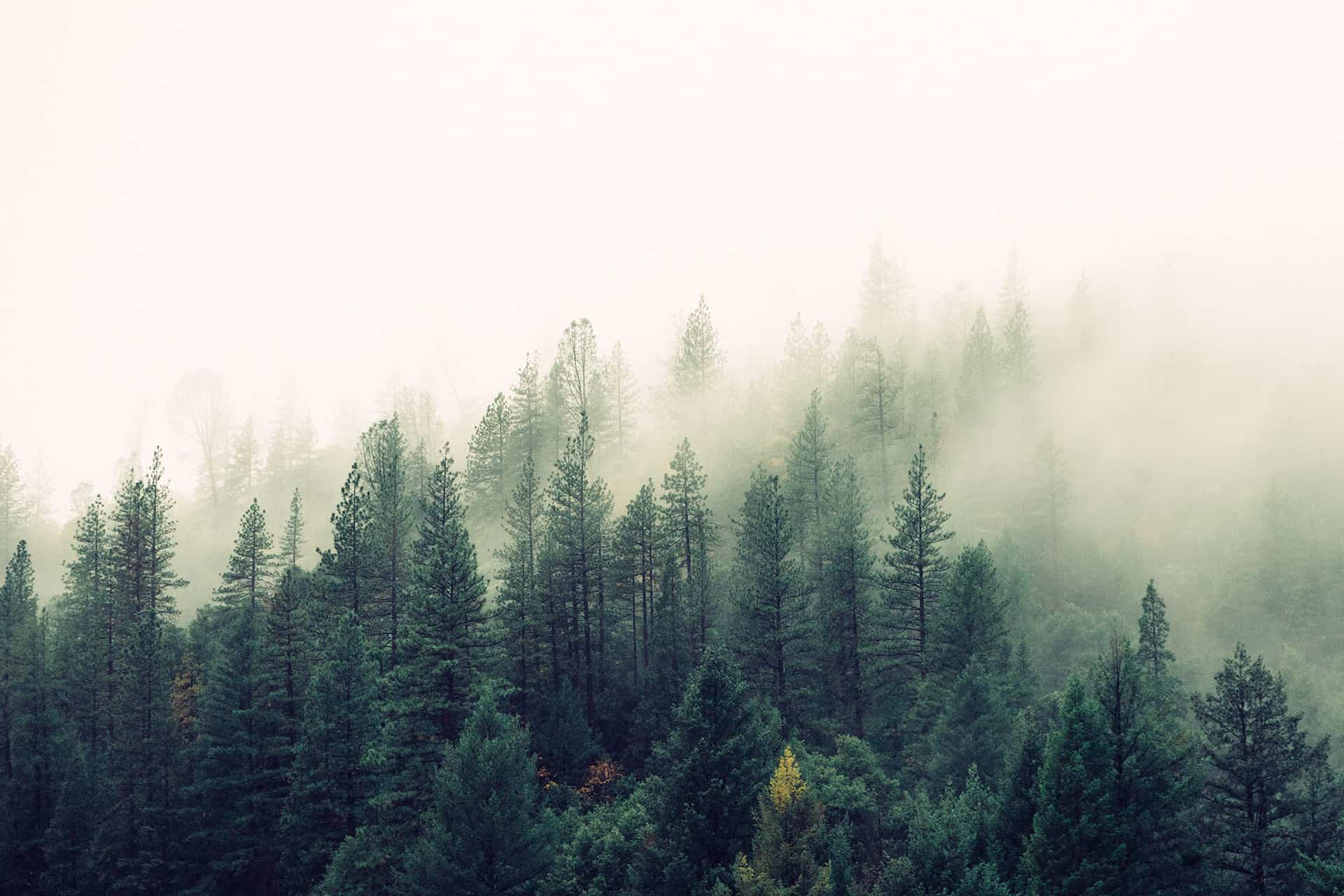Creative
The Creative Work of Peteris Vasks

Peteris Vasks is one of the most famous Latvian composers in the world.
During his creative life, he has developed from a young, angry and avant-garde author who speaks the language of modernist music, into a remarkable artist who illustrates the eternal duel between good and evil with the so-called new principles of simplicity, as well as universally understandable sound expression.
The spiritual relatives of Vasks in music are Arvo Pärt, Henryk Mikołaj Górecki, Gia Qantscheli, Valentin Silvestrov, Avet Terterian and other composers with a similar style.
In his music, Vasks tells about the basic things —
the battle between the darkness and the light, the reflections of nature in the art of sound, echoes of bird songs beloved by the composer, moments of catharsis, the fate of our nation and all humankind with a stamp of the past, the chaos of the present and hope of the future.
A crucial part of Peteris Vasks’ music is the motif and the themes typical for Latvian folk music — these are not quotes, but sound combinations found in some gene sources, which immediately create a sense of belonging for Latvian music connoisseurs.
Peteris Vasks grew up with Baptist church music as a child; while he was studying at university, the stable tradition for the would-be composers and musicologists to participate in folklore expeditions had temporarily subsided. The only explanation — an archetype in Vasks persona, which has found a way how to address the listeners of the 20th and 21st-century.
In the list of Peteris Vasks’ creative works are:

The creative spirit of Peteris Vasks speaks in a language of surmised lightness, ecstatic light, resigned peace, nervous excitement and blatant tragedy. A major source of inspiration for Vasks is nature — especially the voices of birds, the forest, starry skies and the sea.
Nowadays, perhaps it’s not easy to visualise the huge momentum that Peteris Vasks’ music provided for Latvia’s (then Soviet time) culture in the 80s. It was a clear, thrilling and painful cry at a time when Soviet Latvia as a part of the Soviet Union reached the peak of Brezhnev stagnation, experienced the funerals of three national leaders in the past couple of years and accepted Gorbachev and perestroika, which inevitably led to Latvian national awakening and, eventually, also to the secession from the USSR.
Peteris Vasks’ music has been used in the following movies:
“Musica Serena. Composer Peteris Vasks” – the newest documentary about Peteris Vasks.
The life
The life of Peteris Vasks
Peteris Vasks was born in April 16, 1946, in a pastor’s family in Aizpute, Latvia
Learned music in:
Been a musician in:
From 1978 to 1989 he worked as a teacher in music schools located in Jelgava, Zvejniekciems and Salacgriva. From 1989 to 2019 has was teaching composition in Emils Darzins’ Music School.
Among the pupils of Peteris Vasks are Ingmars Zemzaris, Andris Dzenitis, Edgars Raginskis, Evija Skuke, Platons Buravickis and Aleksandrs Avramecs.
Choreographers from different countries like to use Vasks’ compositions in their original ballet productions.
Since the 80s of the 20th century Vasks has been receiving composition requests from famous musicians all over the world — they include:
Peteris Vasks is the only Latvian composer with whom the music publishing company Schott Musik International has signed a contract, binding him to publish works regularly.
Awards
Peteris Vasks' awards
The composer has received awards and honors for outstanding creative work in both Latvia and abroad.
The composer has been awarded the Latvian Grand Music Award in:
He is the Commander of the Order of the Three Stars (2001) and the laureate of the Cabinet of Ministers Award (2016).
In 1996 Peteris Vasks was the Central composer of the Stockholm New Music Festival.
He was the resident composer in:
The traditional festival April of Peteris Vasks’ music takes place in Cesis every spring.
In 2005 Vasks was awarded the MIDEM Cannes Classical Music Award for two of his works —



 infigo.lv
infigo.lv